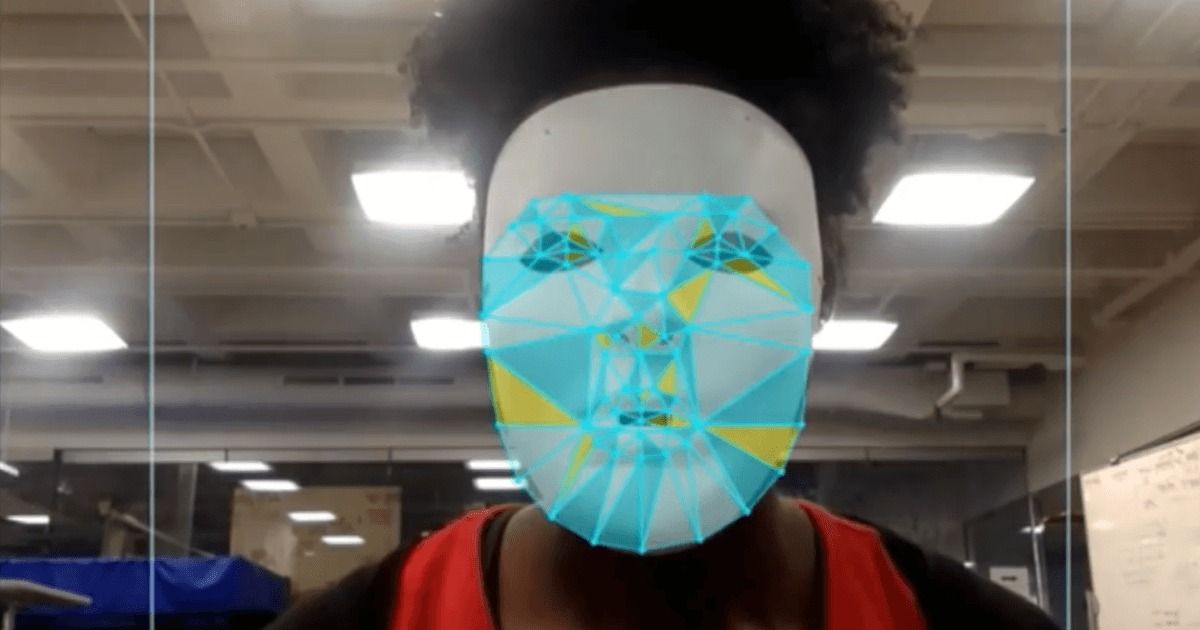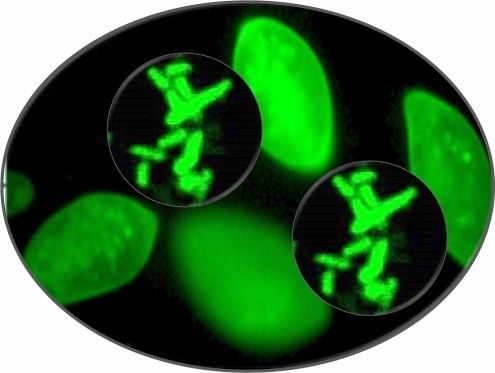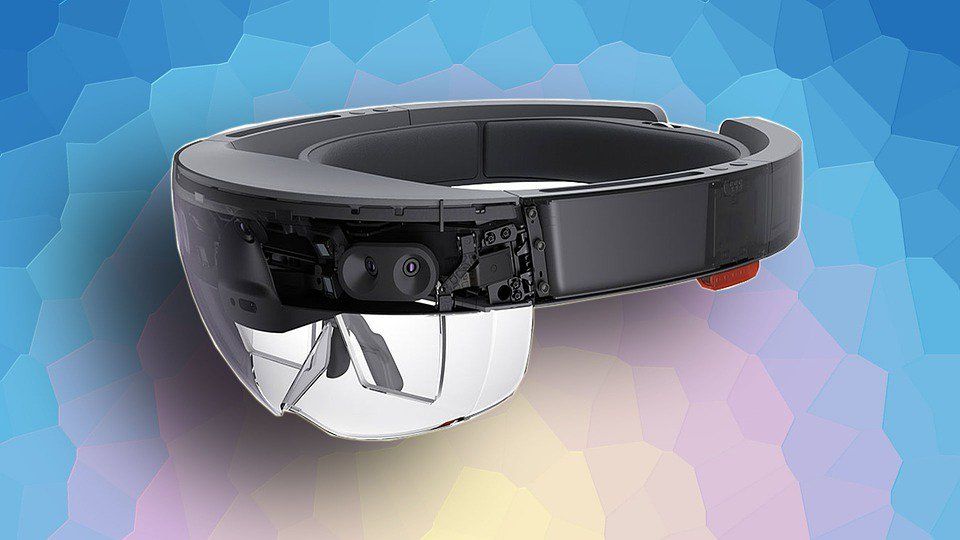Page 10531
Jan 20, 2017
Arrow 3: Israel’s killer missile can strike targets in outer space (VIDEO)
Posted by Karen Hurst in categories: military, space
TEL AVIV, Jan 21 — Israel has upgraded its missile defence system so that the country can be protected from the ground to outer space.
The latest addition, the Arrow 3, became operational on Wednesday. The system has a range up to 2,400 km and can be used as an anti-satellite weapon. It was co-developed by Israel Aerospace Industries and Boeing Co.
 An ‘Arrow 3’ ballistic missile interceptor is seen during its test launch near Ashdod, Israel December 10, 2015. — Reuters picThe bottom tier of Israel’s missile defence system is the Iron Dome interceptor, which is designed to destroy short-range rockets and artillery shells fired up to 70 km away. The second tier of the system is David’s Sling, which is designed to shoot down mid-range, lower-altitude missiles. The Arrow 2 is designed to intercept missiles in low to high atmosphere.
An ‘Arrow 3’ ballistic missile interceptor is seen during its test launch near Ashdod, Israel December 10, 2015. — Reuters picThe bottom tier of Israel’s missile defence system is the Iron Dome interceptor, which is designed to destroy short-range rockets and artillery shells fired up to 70 km away. The second tier of the system is David’s Sling, which is designed to shoot down mid-range, lower-altitude missiles. The Arrow 2 is designed to intercept missiles in low to high atmosphere.
Continue reading “Arrow 3: Israel’s killer missile can strike targets in outer space (VIDEO)” »
Jan 20, 2017
US Military Adopts Microsoft’s Hologram Technology
Posted by Karen Hurst in categories: augmented reality, holograms, military
This post is also available in:  עברית (Hebrew)
עברית (Hebrew)
Microsoft’s HoloLens hologram headset systems are already being used in the Australian, Ukrainian and Israeli military forces, and now the US military is also finding a use for Microsoft’s most advanced technology.
In recent exercises, forces from the Marines held a weeklong exercise called Spartan Emerging Technology and Innovation Week at North Carolina. The event featured various training technologies – from quadcopters to augmented reality developed with support from the Office of Naval Research (ONR) to accelerate the development of decision-making skills.
Continue reading “US Military Adopts Microsoft’s Hologram Technology” »
Jan 20, 2017
Google’s Brin hints at bright future for smart contact lenses
Posted by Karen Hurst in category: biotech/medical

I am still waiting for mine. I cannot wait to the day I use my smart lenses to take pics, videos, login to view work email, etc. BTW — I look forward to day we eliminate email too.
Google may have shelved Google Glass, its failed attempt to persuade the world that internet-connected spectacles were the next big thing, but it has not given up on the concept of smart eyeware.
Continue reading “Google’s Brin hints at bright future for smart contact lenses” »
Jan 20, 2017
Most engineers are white — and so are the faces they use to train software
Posted by Karen Hurst in category: robotics/AI
I keep reminding folks it is a must to have a very diverse team when we look at robotics and Biocomputing/ tech of any sort.
A black researcher had to wear a white mask to test her own project.
Jan 20, 2017
The U.K.’s aggressive new surveillance law will have impacts beyond the nation’s shores
Posted by Karen Hurst in categories: law, surveillance
Even if you don’t live in Britain, the U.K.’s new “Snooper’s Charter” is worth watching. It could inspire other democratic nations to adopt aggressive surveillance policies.
Jan 20, 2017
MIT research looks into why AI has trouble recognizing diverse faces
Posted by Karen Hurst in category: robotics/AI

Facial recognition programs don’t recognize minorities as often as they do Caucasian faces — and here is why.
Jan 20, 2017
New Delivery Technique Enables Rapid Treatment for Inflammation
Posted by Karen Hurst in category: biotech/medical
A team of engineers has developed a new RNA delivery technique that uses short bursts of ultrasound to efficiently deliver RNA into cells, reducing colon inflammation.
MIT and Brigham and Women’s Hospital researchers have demonstrated that they can deliver strands of RNA efficiently to colon cells, using bursts of ultrasound waves that propel the RNA into the cells. Using this approach, the researchers dramatically turned down the production of a protein involved in inflammatory bowel disease (IBD), in mice.
“What we saw in this paper was the ultrasound can enable rapid delivery of these molecules,” says Carl Schoellhammer, a postdoc at MIT’s Koch Institute for Integrative Cancer Research and the study’s lead author. “In this case it was proinflammatory molecules that we were shutting off, and we saw tremendous knockdown of those proteins.”
Continue reading “New Delivery Technique Enables Rapid Treatment for Inflammation” »
Jan 20, 2017
Faster websites with fewer bugs
Posted by Karen Hurst in categories: internet, robotics/AI
Nice.
Researchers from MIT’s Computer Science and Artificial Intelligence Laboratory have designed a new system that automatically handles caching of database queries for web applications written in the web-programming language Ur/Web.
Image: Jose-Luis Olivares/MIT
Jan 20, 2017
Combining automation and mobility to create a smarter world
Posted by Karen Hurst in categories: finance, robotics/AI, transportation

Daniela Rus loves Singapore. As the MIT professor sits down in her Frank Gehry-designed office in Cambridge, Massachusetts, to talk about her research conducted in Singapore, her face starts to relax in a big smile.
Her story with Singapore started in the summer of 2010, when she made her first visit to one of the most futuristic and forward-looking cities in the world. “It was love at first sight,” says the Andrew (1956) and Erna Viterbi Professor of Electrical Engineering and Computer Science and the director of MIT’s Computer Science and Artificial Intelligence Laboratory (CSAIL). That summer, she came to Singapore to join the Singapore-MIT Alliance for Research and Technology (SMART) as the first principal investigator in residence for the Future of Urban Mobility Research Program.
Continue reading “Combining automation and mobility to create a smarter world” »














